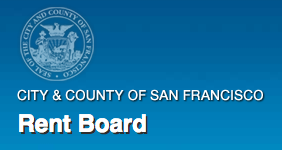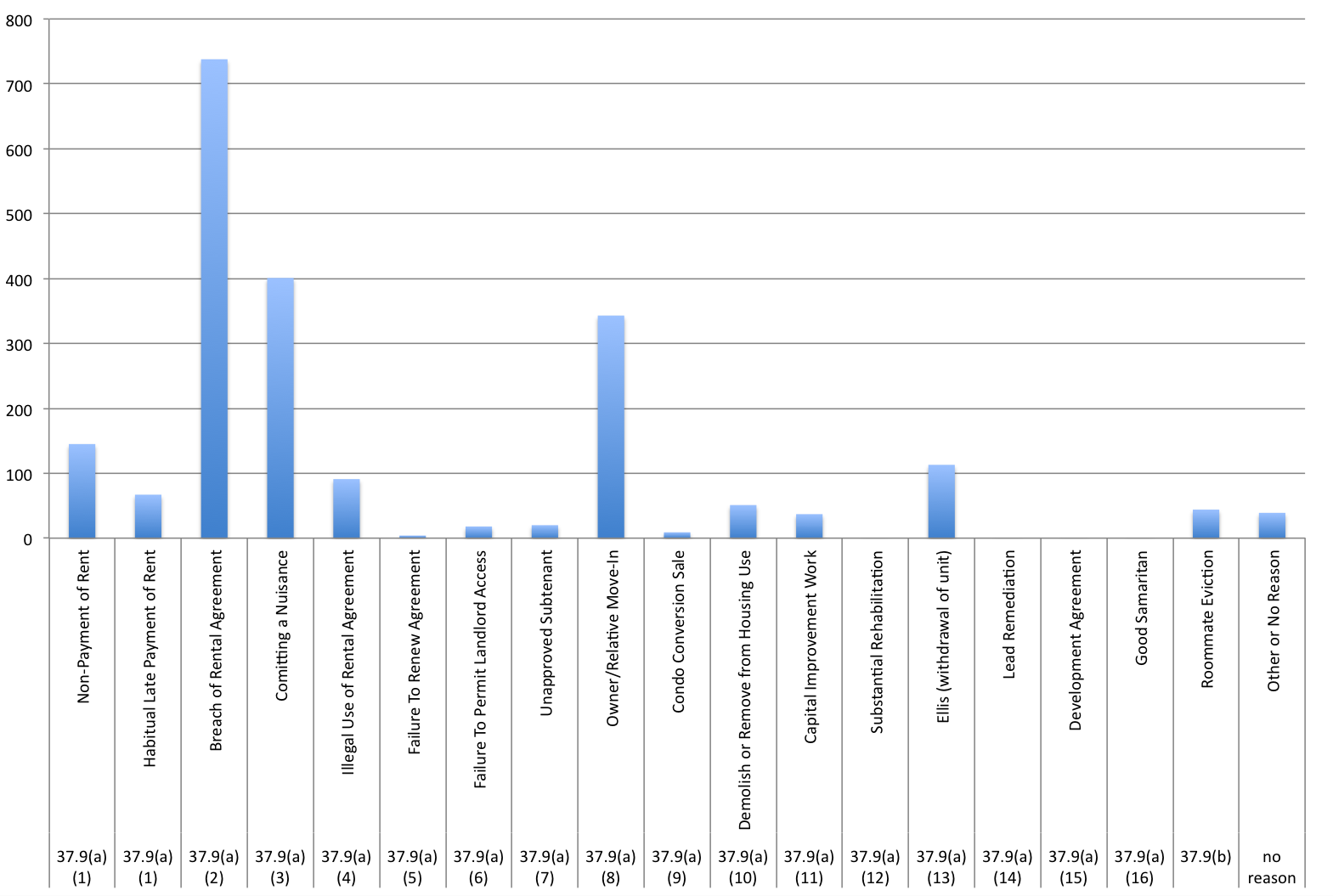The Board of Supervisor’s Land Use and Transportation Committee passed a revised version of last year’s “Campos Amendment” to the Ellis Act on a first reading last week. The Campos Amendment provided for enhanced relocation assistance payments based on the difference between rent controlled and market rental rates, for two years. First the federal district court in Levin v. CCSF and then the Superior Court in Jacoby v. CCSF found that payment metric unconstitutional, for lacking both an “essential nexus” with and a “rough proportionality” to a landlord’s act of withdrawing units from the rental market.
The proposed legislation responds directly to the criticisms laid out in these rulings. Its much less ambitious relocation payments are capped at $50,000.00 per unit, and the enhanced relocation payments are not required until a tenant returns a signed Declaration, stating that they will use the money for relocation costs. That said, the Declaration is now made a prerequisite to terminating tenancies under the Ellis Act, which may raise preemption concerns. And the enforcement mechanism contemplated by the proposed legislation requires a tenant to keep track of expenditures so that their former landlord can request and verify that they’ve used the money for housing, which may raise privacy concerns.
The proposed legislation is expected to pass on its second reading this Tuesday, before the Board of Supervisors sends it to the Mayor.




